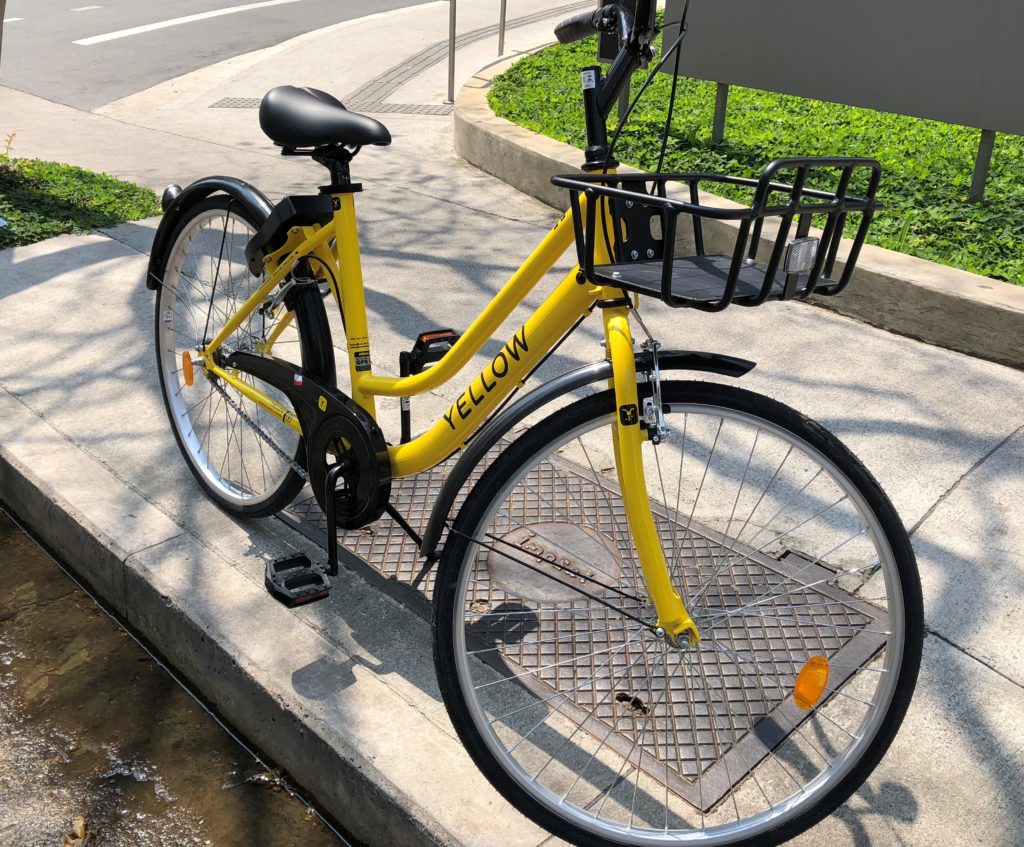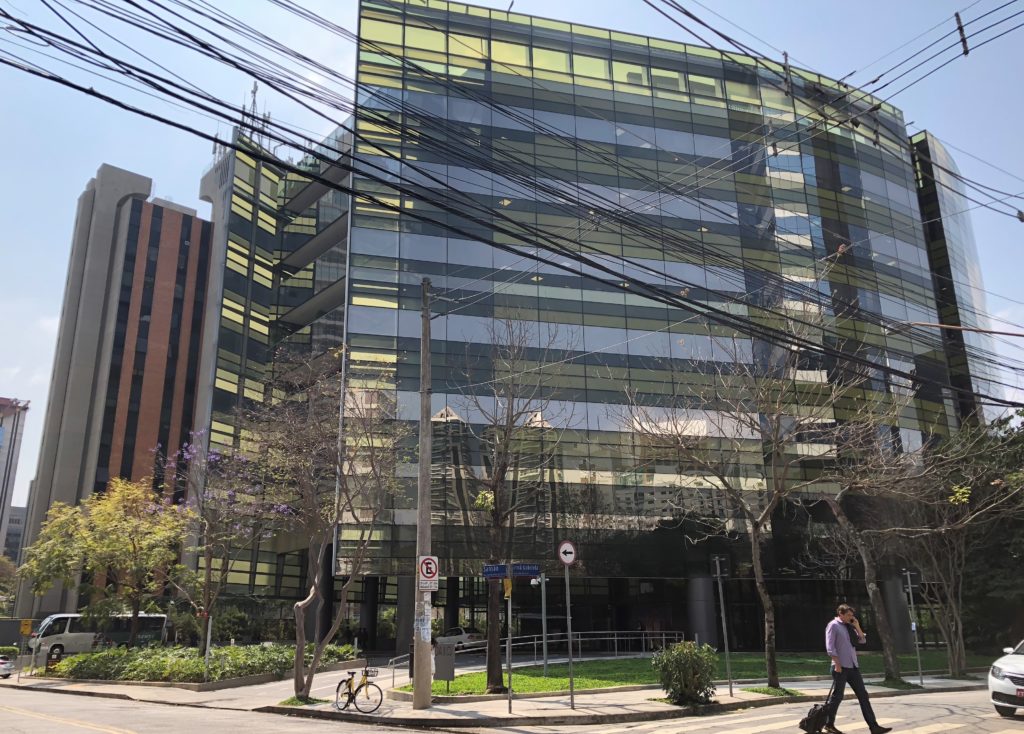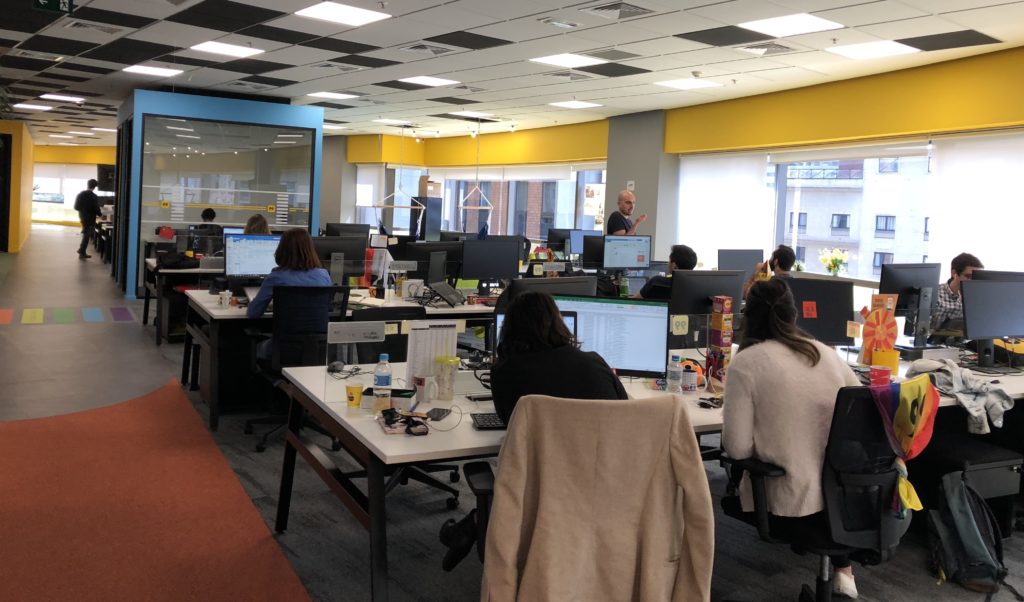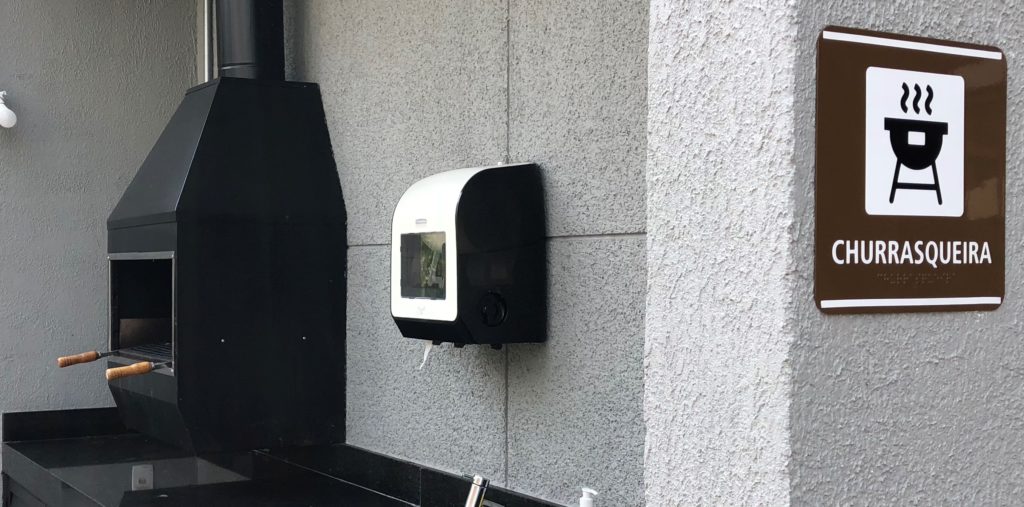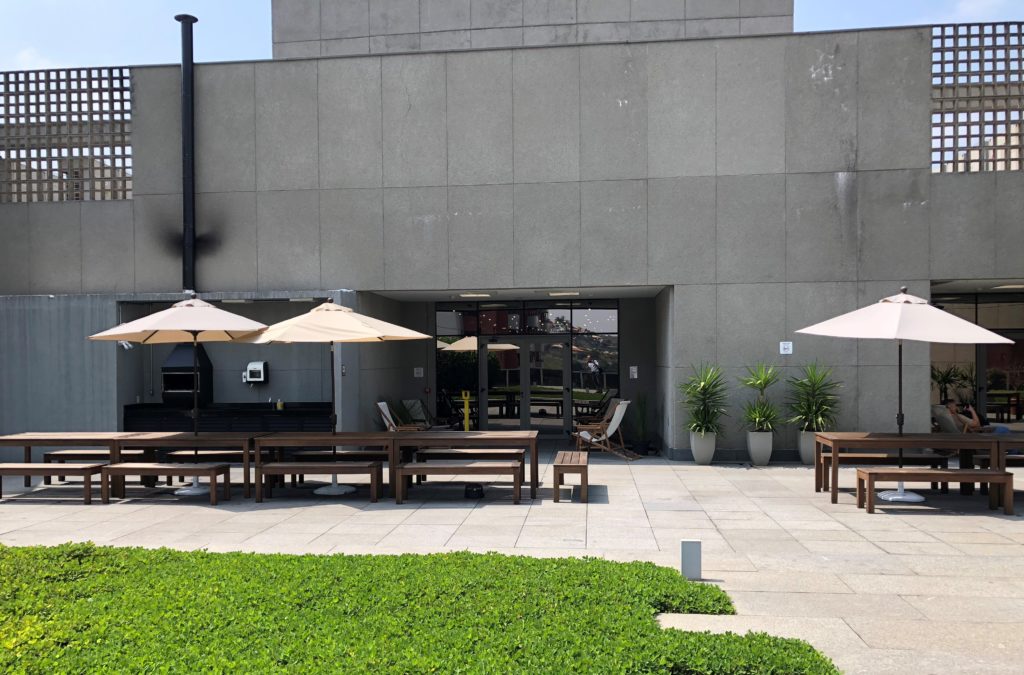China’s digital giants are going international. Sort of.
- Asia is viewed as a strategic requirement by many (Alibaba, ByteDance, Huawei). Especially Southeast Asia. So we see a lot of moves there . For example, Alibaba acquired Lazada and Daraz.
- Payments (Alipay) and hotel bookings (Ctrip) are following Chinese tourists abroad. So they are going pretty much everywhere. For example, Ant tried to buy MoneyGram. And is now doing Alipay+, which is a pretty bold international initiative.
- And there is a lot of cross-border e-commerce activity, which is mostly about bringing foreign merchants into contact with Chinese consumers.
But the big outstanding question is: Which of China’s digital giants actually want to capture foreign consumers – and therefore foreign B2C markets?
The answer for ByteDance and Alibaba is yes. And also for Shein and Temu (i.e., Pinduoduo).
The answer for Tencent and JD is sort of. They’re making moves but more on the B2B side.
And that is where Latin America is pretty interesting. Tencent has invested in Brazil’s NuBank. Didi is operating directly in both Brazil and Mexico. After Southeast Asia, Latin America has sort of emerged as the big next market for digital China.
I visited the Didi headquarters in Sao Paolo a few years back. They had recently acquired local ride-sharing giant 99. My goal was to figure out how ride-sharing was different in Latin America. Note: I also went to the Mobike launch in Mexico City earlier that year for the same reason.
These two articles are a summary of my visit. And my main lessons.
Brazil (Especially Rio) Is Awesome
I was in Sao Paolo to give a couple of China talks at the Inniti Group, which is run by Joseph Teperman. They do governance and executive search services for top companies across Brazil and are definitely a company to keep an eye on. Plus, Joseph is a really great guy. You can learn more about them here.
But first, I took a week to relax in Rio, which is my yearly gift to myself. I am usually just hanging around in Leblon in January.
Then it was off to Sao Paolo.
As soon as you arrive in Sao Paolo, transportation immediately comes up as an issue. It is unavoidable. Traffic is a real problem. The public transit (metro, buses and trains) can be difficult due to the volume of people. And security and safety are an issue in general in Brazil (i.e., you aren’t going to walk by yourself with a bag or laptop at night.).
So the question of taking a taxi or ride-sharing comes up almost immediately. And ride-sharing companies like Uber, Didi-99 and Cabify are really important in Brazil.
The Didi headquarters was in a nice Western part of Sao Paolo, right near the river. And walking down the street, I noticed I was passing lots of new yellow ride-sharing bikes. However, these were not Ofo bikes (they look pretty similar). These were Brazil’s Yellow Bikes. This company was launched by Ariel Lambrecht and Renato Freitas, who prior to this founded ride-sharing company 99 (and sold it to Didi). Per my earlier point, there is a really interesting situation happening in digital between China and Latin America. And copying and adapting China business models is a usually a good strategy.
First, a bit about the Didi-99 headquarters. Cause it was really nice. They occupied three floors in a fantastic building.
And they had all the fun stuff common to successful internet companies. There was the fooz ball table, cool meeting areas, comfy chairs, food and snacks, and so on.
Plus, the whole office had a bit of a transportation theme, with roads and street signs painted on the walls and floors. It was kind of a cross between an office and a young boy’s bedroom.
And, as this is Brazil, this was also churrasquiera on the roof deck for cooking meats. Note: I’ve visited a lot of internet companies. This was the first one I have seen with a churrasquier . And apparently they use it all the time.
The roof deck was also pretty awesome.
***
Ok. Back to my question of how Didi and ride-sharing are different in Brazil.
I spoke with Davi Miyake Dos Santos, who was then the Strategy and Planning Director. He’s now at CERC. A really friendly guy, he gave me a tour and helped me understand better what Didi-99 was focusing on post-acquisition.
Lesson #1: The Interests and Services for Drivers are Different in Brazil
A few years ago, I did an interview with a Didi driver in Shanghai and it was clear that driving on a ride-sharing platform in China is very different than in the USA. And when I was in Mexico, I spoke with some Uber and Didi execs and it was the same. The needs and expectations of riders appear pretty similar across the world (although there are some differences between developed and developing economy consumers). However, the needs and services for drivers can be very different in different regions. And it seems to be getting more so.
For example:
- In the USA, being a ride-sharing driver is often viewed as a source of extra income and one of the biggest benefits is increased flexibility. So it is often referred to as the on-demand or gig work. And there is a lot of discussion about whether this type of on-demand workforce is better or worse than traditional or unionized labor.
- However in China, driving for Didi is a pretty nice job, relative to a lot of job options. The flexibility is also cited as a big benefit. But it is not gig work. The drivers I spoke with all said Didi was a good company to work for. And they were building their careers on the platform. Plus, many were buying their own cars and starting their own small businesses on the Didi platform.
- In Mexico, the situation was different again. Drivers usually didn’t own their cars. Other people owned them and rented them to drivers. Flexibility was not the major benefit. It was a source of income. And there were significant concerns about health and other types of insurance, which are important for the drivers’ families.
In Brazil, the driver situation was also different.
- Recent economic problems had led to lots of people not having as much income. But they still owned cars. So driving was an option for income for many.
- Speed of payments was mentioned a significant issue for Brazil drivers. Some don’t have a lot of cash and they need the payments for gas to keep driving.
- Many drivers (and riders) didn’t have bank accounts. Because of this and the above point, Didi had introduced cards that got the drivers paid within 15 minutes of completing a ride.
That was the situation in a major city like Sao Paulo. But Didi was focused on expanding into smaller and lower income cities, such as the northeast. We can expect to see different driver needs in these areas.
Note: all of the above points are anecdotal information from conversations I have had. So none of that is too data-driven. But I take it as directionally correct. I do hear really different driver issues raised in Brazil, China, Mexico and the USA. And that makes the area of driver services really interesting to watch.
Ride sharing platforms are going for local network effects and economies of scale. Getting big is the primary strategy. But there can also be interesting strategic moves on on the driver side of the platform. For riders, you compete on price, brand and convenience. But you can really differentiate yourself and build in stickiness on the driver side.
***
That’s it for Part 1. In Part 2, I go into more ride sharing lessons from Brazil.
Cheers – jeff
I am a consultant and keynote speaker on how to increase digital growth and strengthen digital AI moats.
I am the founder of TechMoat Consulting, a consulting firm specialized in how to increase digital growth and strengthen digital AI moats. Get in touch here.
I write about digital growth and digital AI strategy. With 3 best selling books and +2.9M followers on LinkedIn. You can read my writing at the free email below.
Or read my Moats and Marathons book series, a framework for building and measuring competitive advantages in digital businesses.
Note: This content (articles, podcasts, website info) is not investment advice. The information and opinions from me and any guests may be incorrect. The numbers and information may be wrong. The views expressed may no longer be relevant or accurate. Investing is risky. Do your own research.


